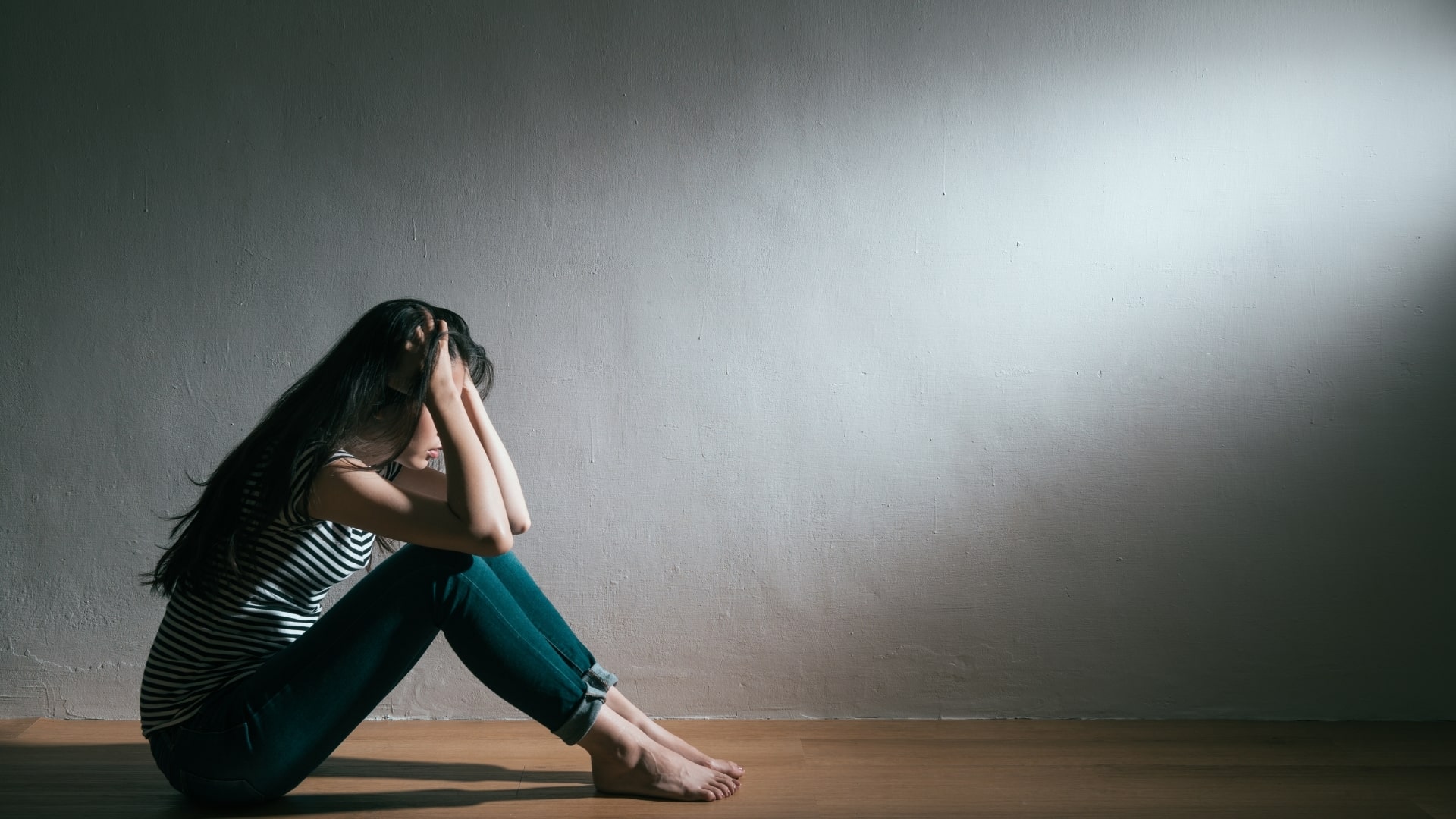In contrast to sadness, which is a normal emotion, depression is a form of psychiatric illness that needs to be treated. One particular characteristic that differentiates between sadness and
depression is the level of
• Personal
• Occupational
• Social impairment due to the mood disturbance
What are the clinical presentations of depression?
Besides the persistent low mood, depression can manifest itself in a combination of several ways. Among the commonly observed symptoms are:
• Sleep disturbance
• Reduced interest in daily activities
• Loss of energy
• Reduced concentration
• Loss of appetite
• Feelings of worthlessness or guilt
• Suicidal thoughts
• Physical or somatic symptoms (e.g., back pain, joint pain, headache, indigestion, etc.)
In severe cases of depression, the individual may experience psychosis in the form of
hallucination (a false sensory perception in the absence of an actual stimulus) and/or delusion (a fixed belief in something that is not true).
(Depression in the children and the elderly population can present differently compared to the
normal adult population.)
What are the underlying causes of depression?
Depression is a complex mood disturbance that can be attributed to several causes. Two broad aspects that are usually associated with depression are biological and psychosocial factors.
The common biological factors in depression are
• Genetics
• Neurochemical imbalances
• Brain changes
• Endocrine/hormonal abnormalities
On the other hand, psychosocial factors include
• Personality
• Past traumatic experiences
• Dysfunctional family
How is depression treated?
Depression can be treated in several ways. Certain clinical investigations may be needed before the commencement of treatment.
One common approach to treatment is by using medications called antidepressants.
Antidepressants have been proven to be effective in treating depression. There are several types of antidepressants, for example, selective serotonin reuptake inhibitors (SSRIs), selective noradrenaline reuptake inhibitors (SNRIs), tricyclic antidepressants (TCAs), and many more.
The choice of antidepressant use will be determined during the consultation after considering
several factors. Benzodiazepines may also be used sometimes over a short period in treating
Another treatment approach is the psychological methods, such as
• Cognitive-behavioural therapy (CBT),
• Interpersonal psychotherapy (IPT),
• Problem-solving therapy,
• Family therapy, and many others.
Again, the type and suitability of the specific method will be determined during the consultation.
Taking care of your mental health
It is essential to take good care of our mental health. Ensuring that we have a healthy diet, good rest, adequate amount of physical activity, and good social support are some of the practical ways that we can try to achieve to maintain our psychological health. Do seek mental health professionals help when experiencing depression. Finally, we also need to learn to love ourselves as we have loved others.
 +604 222 9111
+604 222 9111
 +604 222 9199
+604 222 9199






